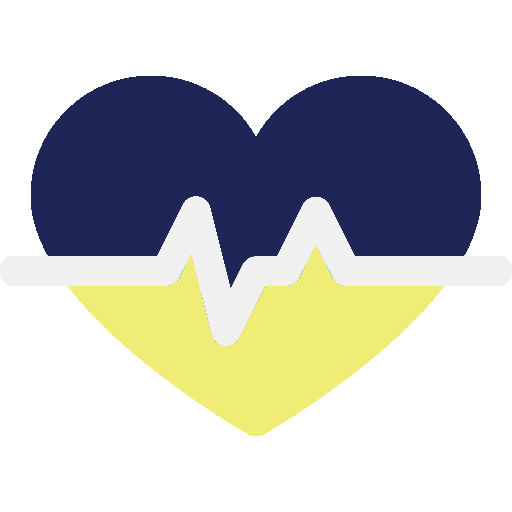Biofeedback Training
Heart Rate Variability Biofeedback is a scientifically based technique to improve the body’s baseline ability to manage stress and perform at your peak under pressure and on demand.
What is heart rate variability biofeedback?
Heart Rate Variability (HRV) Biofeedback allows you to gain control over your body’s responses to stress. It is an evidence-based treatment during which you are trained to improve your mental and physical health by using signals from your own body.

HRV Biofeedback is scientifically proven to be an efficacious treatment for numerous health conditions and also a critical training process for peak performance. In fact, research shows that HRV Biofeedback improves reaction speed, emotional regulation, endurance, and resilience.
Research shows that enhanced modulation of the autonomic nervous system, as demonstrated by increased heart rate variability, is mirrored in the brain.
In particular, findings indicate that HRV training yields large fluctuations in vessel diameter and also increases the level of oxygenation in each brain region that are associated with improvements in mental clarity, focus, and cognitive flexibility (e.g. the ability to pivot from hyper-focus to letting go). This is consistent with clinical evidence that HRV biofeedback improves cognitive, emotional, and physical functioning.

What do heart rate variability biofeedback training sessions involve?
Dr. Lagos uses state-of-the art equipment to train her clients to tighten their self-regulation and enhance their ability to respond effectively and efficiently under stress. Training can be short-term (ten weeks, meeting once per week, or ongoing depending on the needs of the client.
She also implements her own optimal health and performance protocol to help individuals physiologically prepare for stressful situations, reduce cardiovascular reactivity during challenge, and recover more quickly from stress.
Following the biofeedback training, many clients retain their skills for life with only occasional refreshers.
Themes that you may address in your work with dr. Lagos
- Reducing baseline anxiety and strengthening emotional control
- Decreasing reactivity to specific situational stressors
- Practicing how to let go on demand
- Cultivating desired emotional states for peak performance
- Improving your interoceptive ability
- Shifting your physiological state to pivot your emotional state
- Implementing music and other forms of sensory stimulation to code specific performance states
NBC News
New York Sport Psychologist Leah Lagos Helps to Enhance Performance of Olympic Rower
Do you have to live in NYC or can Dr. Lagos consult remotely?
If you live outside the New York area, Dr. Lagos offers Heart Rate Variability (HRV) Biofeedback training via Zoom. Please contact her office for more details.
More about HRV Biofeedback
- Heart rate variability is a scientific index of how your body responds to stress and pressure. It is also a critical measure of how quickly you can let go of stress and perform at your full range of potential.
- Your job is to create your own objectives for training together. Dr. Lagos offers many, many tools and approaches to help you reach your goals through this training but this process works best when you are clear about your reasons for training at the onset.
- This scientifically based process provides four benefits to anyone who is disciplined in their training including improved mood, reduced anxiety, enhanced focus, and greater mental clarity.
- The major aim of HRV training isn’t simply to increase your heart rate variability, but rather to gain control over the physiological responses that happen without your conscious activation.
- The definite possibility exists that you have benefits through this process that extend beyond your ability to manage stress and impact how you relate to your own bodily sensations, interact in relationships, and confidently lead others during moments of pressure. For many creative types, this process augments their ability to engage creatively and without inhibition.
- The more that you integrate systematic physiological training into how you manage stress and react to the world, the more control you will have over changing old and current patterns for responding.
- You will learn that when you feel out of control of what is happening externally, you can be precise and effective at what is occurring internally.

